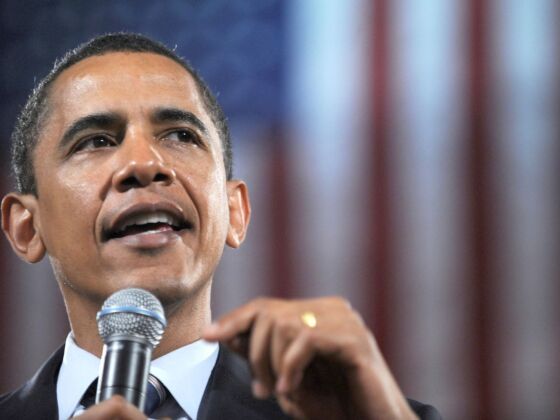The Obama Administration announced yesterday that the President will make an historic visit to Cuba next month. While I advise Mr. Obama to go dancing and enjoy some daiquiris at El Floridita, he’ll likely spend most of his time bogged down in tense negotiations over ending the embargo and officially opening Cuba to US commercial tourism and investment.
If it sounds like a rubber-stamp done deal, think again. Much remains unresolved and there’s no guarantee Castro and Obama will reach a consensus. Here are three ways this deal could still go south:
